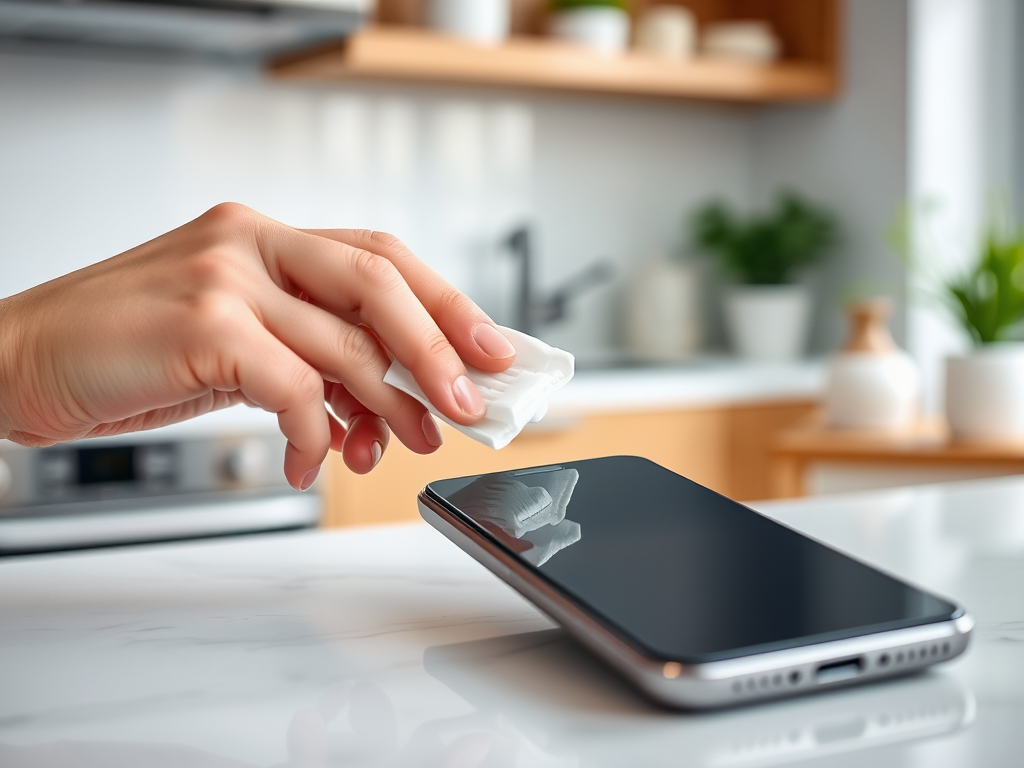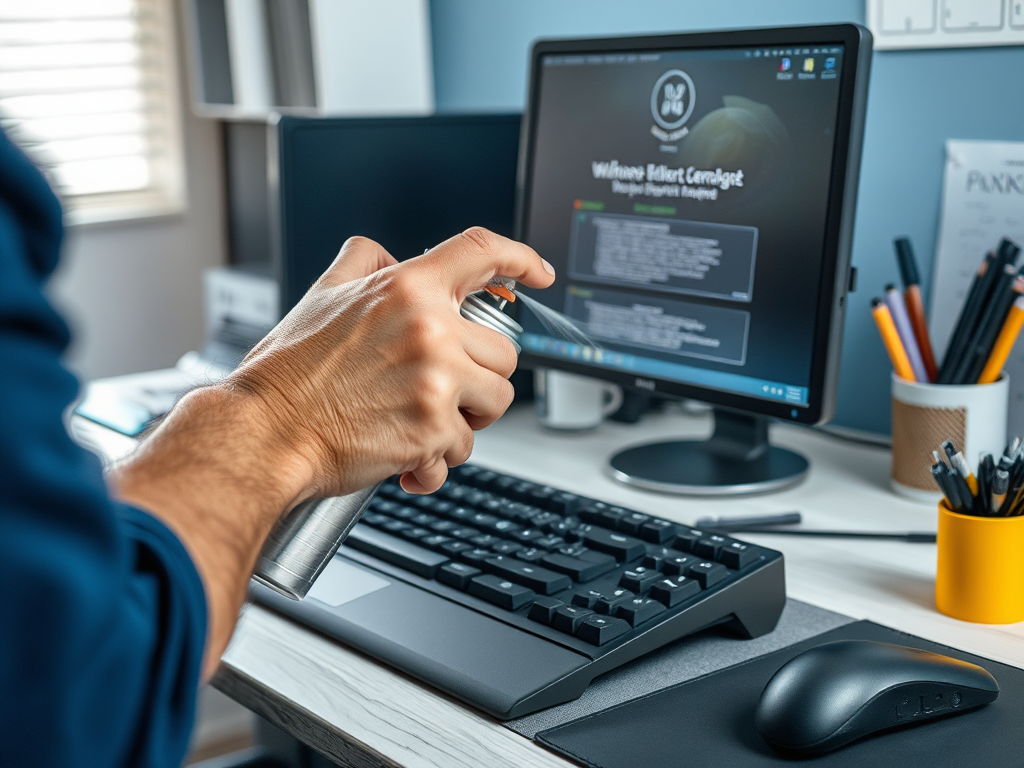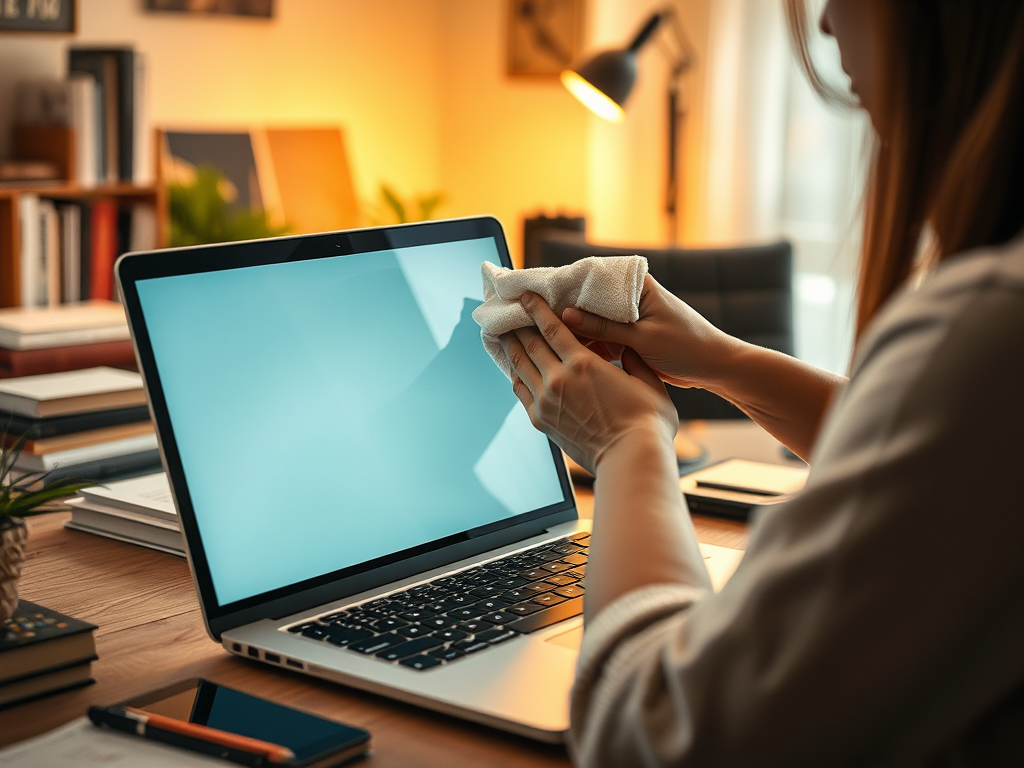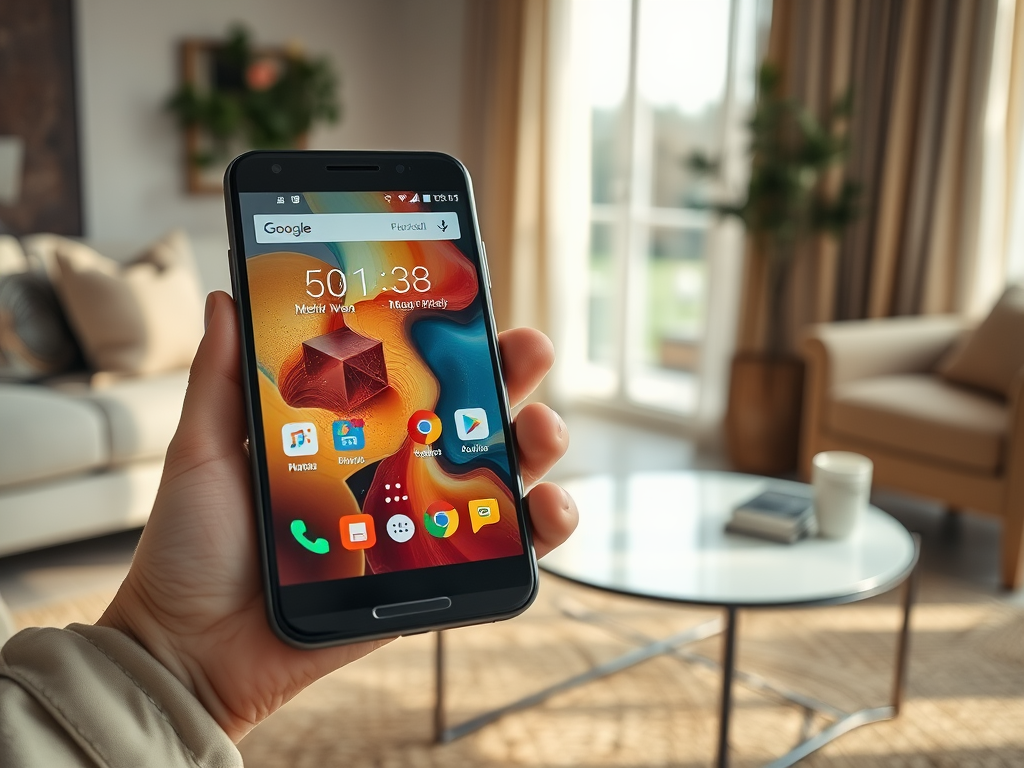In an increasingly digital world, the state of our electronics says a lot about our habits and care for our belongings. The convenience and connectivity they offer also mean that they gather dust, fingerprints, and grime at an alarming rate. Yet, how often do we consider the products we use to clean these crucial devices? The right cleaning products not only ensure a spotless finish but also protect the delicate surfaces and internal components that make our gadgets work. Understanding how to choose these products effectively can prolong the life of our devices, enhance performance, and maintain hygiene. If you’ve ever wondered how to safely clean your electronics without damaging them, this guide will provide the insights and recommendations you need.
Understanding the Importance of Cleaning Electronics

Cleaning electronics is an essential task that goes beyond mere aesthetics. Over time, dust particles can infiltrate the internal mechanisms of devices, leading to overheating or malfunction. Moreover, germs and bacteria can accumulate, especially on frequently touched surfaces like smartphones and keyboards. Regular maintenance can enhance the performance of these devices, enabling them to work more efficiently. Beyond functionality, a clean device also creates an inviting atmosphere, whether in the workspace or at home. Therefore, investing time and effort into cleaning your electronics is not just about looking good but also about ensuring a longer lifespan and better performance.
Common Types of Electronics and Their Cleaning Needs

Laptops and PCs
Laptops and PCs are some of the most commonly used electronics, and they require unique care due to their different components. The screens are often treated with special coatings, so it’s vital to avoid harsh chemicals that could erode these layers. For keyboards, removing dust and debris can be simple—using compressed air can do wonders without any physical contact. It’s also advisable to use microfiber cloths or gentle cleaning solutions for the outer casing. Remember, the internal components, such as fans and vents, often need attention, too. Regular cleaning of these parts can promote better airflow and enhance device longevity.
Smartphones and Tablets
Smartphones and tablets come with their own set of challenges, primarily due to their delicate screens. Cleaning these devices requires caution; using a soft cloth with a designated screen cleaner is recommended. Avoid using paper towels, as these can scratch the screen surface over time. Use a gentle touch to remove smudges and fingerprints, which can accumulate quickly. Additionally, be mindful of the ports and crevices where dust can settle, utilizing compressed air to dislodge particles. Investing in protective covers can also aid in reducing the frequency of thorough cleanings.
Televisions and Monitors
When it comes to larger devices like TVs and monitors, the same principles apply. These screens require specialized products to avoid streaks or damage. A soft, lint-free cloth can help wipe down surfaces, while a mixture of distilled water and isopropyl alcohol is effective for more stubborn stains. It’s essential to apply any cleaning solutions to the cloth and not directly on the screen to avoid drips that could reach internal components. Special attention should be given to the edges and display panels since dust tends to accumulate there. Always ensure that the device is powered off before performing any cleaning tasks.
| Device Type | Recommended Cleaning Product | Cleaning Technique |
|---|---|---|
| Laptops | Microfiber Cloth, Compressed Air | Gently wipe surfaces; use compressed air for keyboards |
| Smartphones | Screen Cleaner, Microfiber Cloth | Wipe screen gently; avoid sprays directly on the screen |
| Televisions | Specialty Screen Cleaner, Lint-free Cloth | Use cloth to wipe the screen; apply cleaner to cloth only |
Choosing the Right Cleaning Products
Factors to Consider
When selecting cleaning products for your electronics, keep the following factors in mind to ensure safety and effectiveness:
- Material Compatibility: Ensure the cleaner is safe for the specific surface material of your devices.
- Chemical Safety: Avoid products containing alcohol or ammonia, as they can cause damage to screen coatings.
- Environmental Impact: Look for eco-friendly cleaning options that prioritize sustainability.
Recommended Cleaning Products
- Microfiber Cloths: Essential for safe cleaning without scratching surfaces.
- Screen Cleaners: Specially formulated solutions that provide a streak-free shine.
- Compressed Air: Ideal for blowing dust away from crevices and vents.
Best Practices for Cleaning Electronics
Choosing the right products is just one part of the equation; how you use them is equally significant. It’s crucial to follow best practices to avoid any damage while cleaning your devices. Always ensure that the electronics are powered off before beginning the cleaning process. This not only prevents accidental clicks but also protects any sensitive internal components. Additionally, using dust covers when devices are not in use can help prevent grime accumulation. By establishing a regular cleaning schedule tailored to the usage environment, you can keep your devices in pristine condition. This preventative maintenance will ensure optimal performance and enhance the longevity of your electronics.
Conclusion
Choosing the right products and methods for cleaning your electronics is crucial for maintaining their functionality and appearance. By understanding the specific needs of different devices and following best practices, you can ensure your electronics remain in top shape for years to come. Regular cleaning not only enhances performance but also contributes to a healthier environment by reducing the buildup of germs and allergens. Investing in the right products and maintaining regular cleaning habits will pay off in the long run, allowing you to enjoy a seamless experience with your devices. Ultimately, a little care can go a long way in optimizing both the aesthetics and functionality of your beloved gadgets.
Frequently Asked Questions
- What types of cleaners should I avoid for my electronics? Avoid products with alcohol, ammonia, or harsh abrasives as they can damage screens and coatings.
- Can I use regular household cleaners on my electronics? It’s best to use cleaners specifically designed for electronics to avoid potential harm.
- How often should I clean my electronics? A general recommendation is to clean them every 1-3 months, depending on usage and environment.
- Is it safe to use compressed air? Yes, as long as you use it carefully to avoid too much pressure or moisture, which can damage sensitive parts.
- What’s the best way to clean my laptop keyboard? Use a microfiber cloth and compressed air to remove dust and debris gently.



